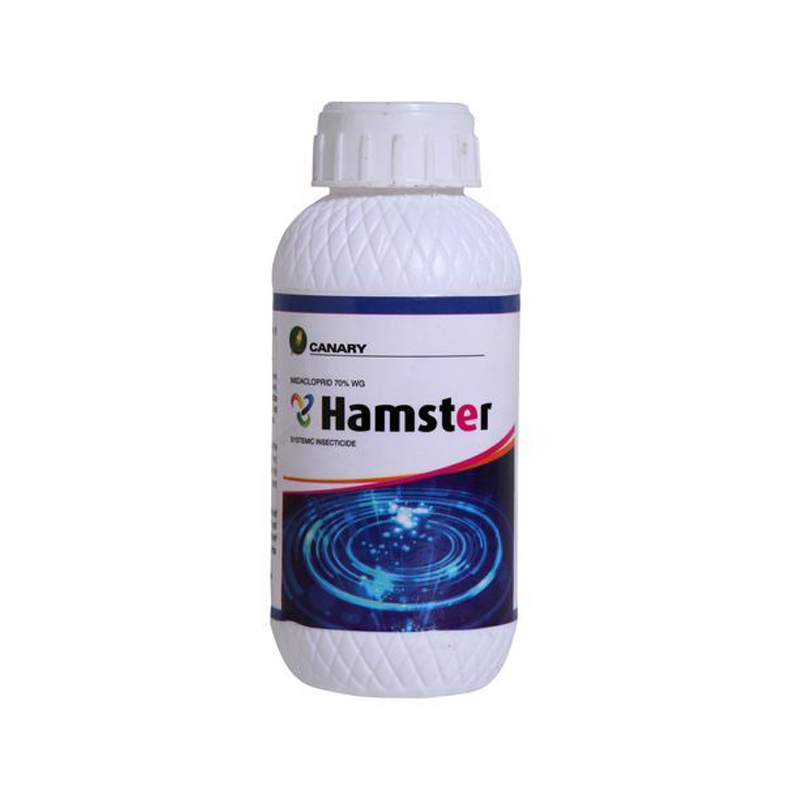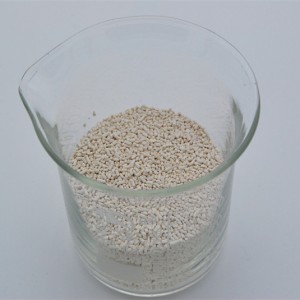Systemic insecticides have revolutionized pest management in agriculture and horticulture. Unlike traditional insecticides that act on contact, systemic insecticides are absorbed by plants and provide internal protection against pests. This comprehensive overview delves into their mechanisms, applications, benefits, and potential risks.
What is a Systemic Insecticide?
Systemic insecticides are chemicals absorbed by plants and distributed throughout their tissues. This makes the entire plant toxic to insects that feed on it, providing a more effective and sustained method of pest control compared to contact insecticides.
How Do Systemic Insecticides Work?
Systemic insecticides are taken up by plant roots or leaves and travel through the plant's vascular system. When insects consume any part of the treated plant, they ingest the insecticide, leading to their death. This systemic action ensures that all parts of the plant are protected, even new growth.

How Long Does It Take for Systemic Insecticides to Work?
The effectiveness of systemic insecticides varies but generally takes a few days to a couple of weeks. The exact timeframe depends on the plant's growth rate, the specific insecticide used, and environmental conditions.
How Long Do Systemic Insecticides Last?
Systemic insecticides can remain effective for several weeks to a few months. The duration of effectiveness depends on factors such as the type of insecticide, plant species, and environmental conditions.
How to Apply Systemic Insecticides?
Systemic insecticides can be applied in several ways:
Soil Drenches: Pouring the insecticide around the base of the plant to be absorbed by the roots.
Granules: Distributing granules around the plant, which dissolve and are taken up by the roots.
Foliar Sprays: Spraying the insecticide directly onto the leaves.
Tree Injections: Injecting the insecticide directly into the trunk of trees for deep absorption.

When to Apply Systemic Insecticides?
Systemic insecticides are best applied during the growing season when plants are actively taking up water and nutrients. This is typically in spring or early summer. Timing is crucial to ensure the insecticide is effectively absorbed and distributed throughout the plant.
Where to Buy Systemic Insecticides?
Systemic insecticides are available at garden centers, agricultural supply stores, and online retailers. If this bothers you, you can also ask us directly, we have a variety of Systemic Insecticides being sold worldwide and free samples are available, you can contact us if you need!
What is the best systemic insecticide?
Each of these systemic insecticides offers specific benefits, making them suitable for different pest management scenarios. Their selection should be based on the target pests, crop type, environmental considerations, and safety requirements. If you don't know how to choose, you can contact us, we can send samples for you to experiment, the following are the best-selling systemic insecticides:
Imidacloprid
Mode of Action: Neonicotinoid; binds to nicotinic acetylcholine receptors in the insect nervous system, causing paralysis and death.
Advantages:
Broad-Spectrum: Effective against many types of pests, including aphids, whiteflies, termites, and beetles.
Systemic Action: Provides long-lasting protection as it is absorbed and distributed throughout the plant.
Versatility: Can be used on a wide range of crops, ornamental plants, and turf.
Reduced Application Frequency: Because of its persistence, it often requires fewer applications compared to contact insecticides.
Thiamethoxam
Mode of Action: Neonicotinoid; similar to imidacloprid, it affects the nervous system.
Advantages:
Effective at Low Doses: Requires smaller quantities to achieve pest control.
Fast Acting: Quick uptake by plants and rapid action against pests.
Flexibility: Used in seed treatments, soil applications, and foliar sprays.
Broad Pest Range: Effective against aphids, whiteflies, thrips, and more.
Acetamiprid
Mode of Action: Neonicotinoid; disrupts nerve signal transmission.
Advantages:
Safety Profile: Lower toxicity to mammals compared to some other neonicotinoids.
Broad-Spectrum: Controls a wide range of pests like aphids, whiteflies, and some caterpillars.
Fast Absorption: Quickly taken up by plants, providing prompt protection.
Versatility: Suitable for use on fruits, vegetables, and ornamental plants.
Dinotefuran
Mode of Action: Neonicotinoid; disrupts nerve receptors in insects.
Advantages:
Rapid Action: Fast knockdown effect on pests.
Highly Systemic: Excellent uptake and distribution in plants.
Versatility: Effective in soil treatments, foliar applications, and trunk injections.
Wide Application: Used for crops, ornamental plants, turf, and even in veterinary medicine for flea control.
Clothianidin
Mode of Action: Neonicotinoid; interferes with neural pathways, causing paralysis.
Advantages:
Long-Lasting: Provides extended protection due to its systemic nature.
Effective Seed Treatment: Commonly used to protect crops from early pest attacks.
Broad-Spectrum: Controls pests such as aphids, beetles, and leafhoppers.
Environmental Persistence: Remains active in the soil for a significant period, reducing the need for frequent reapplication.
Abamectin
Mode of Action: Avermectin; stimulates the release of neurotransmitters, causing paralysis in pests.
Advantages:
Targeted Control: Particularly effective against mites and leafminers.
Dual Action: Has both contact and systemic properties.
Low Residue: Breaks down quickly in the environment, reducing residue concerns.
Approved for Use on Many Crops: Widely used in agriculture and horticulture.
Spinosad
Mode of Action: Spinosyns; disrupts neural activity, causing paralysis.
Advantages:
Organic Farming: Approved for use in organic agriculture.
Selective Toxicity: Highly effective against target pests while being less harmful to beneficial insects and mammals.
Broad-Spectrum: Effective against caterpillars, thrips, and leafminers.
Natural Origin: Derived from soil bacteria, making it a more environmentally friendly option.
Cyantraniliprole
Mode of Action: Diamide; disrupts calcium channels in muscle cells, leading to paralysis.
Advantages:
Wide Pest Range: Effective against caterpillars, beetles, and sucking pests.
Novel Mode of Action: Useful for managing resistance in pest populations.
Systemic and Translaminar Activity: Provides thorough plant protection.
Low Non-Target Impact: Less harmful to beneficial insects compared to some other insecticides.
More Systemic Insecticide FAQ
Are Systemic Insecticides Dangerous?
Systemic insecticides can pose risks to non-target organisms, including beneficial insects, birds, and aquatic life. It is crucial to use them according to the label instructions to minimize environmental impact and avoid harming non-target species.
Do Systemic Insecticides Harm Bees?
Yes, systemic insecticides, especially neonicotinoids, can harm bees and other beneficial insects. These insecticides can be present in pollen and nectar, which bees consume, leading to toxicity and potentially contributing to colony collapse disorder.
Do Systemic Insecticides Harm Hummingbirds?
There is potential for harm to hummingbirds if they consume insects or nectar from treated plants. The specific impact varies depending on the type of systemic insecticide used. It's essential to consider this when planning pest control in areas frequented by hummingbirds.
Can You Use Systemic Insecticides on Vegetables and Fruit Trees?
Systemic insecticides are often not recommended for vegetables and fruit trees due to the risk of residues in the edible parts. Always check the label for specific use instructions and restrictions to ensure safety.
Will Systemic Insecticides Work on Spider Mites and Other Pests Like Mealybugs and Scale?
Some systemic insecticides are effective against spider mites, mealybugs, and scale. Imidacloprid and other neonicotinoids are commonly used for these pests. However, efficacy can vary by product, and it's essential to select the right one for your specific pest problem.
Post time: May-27-2024











